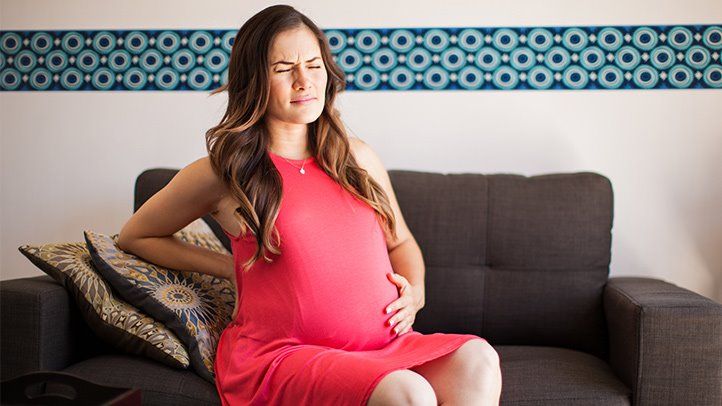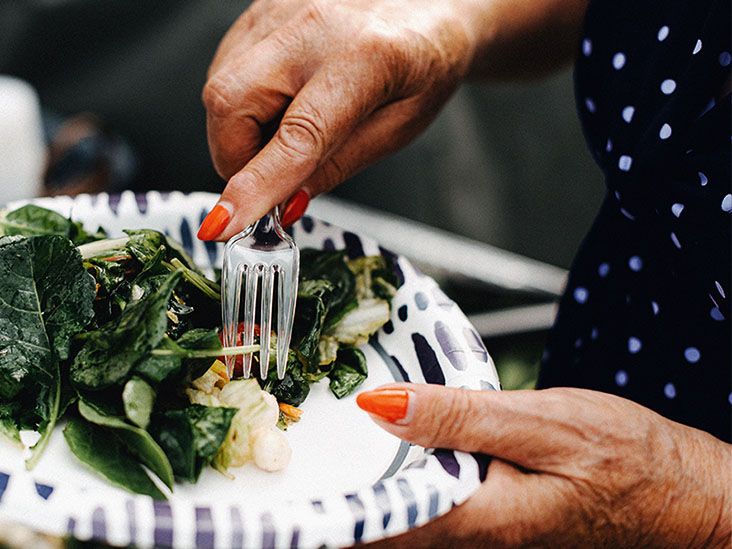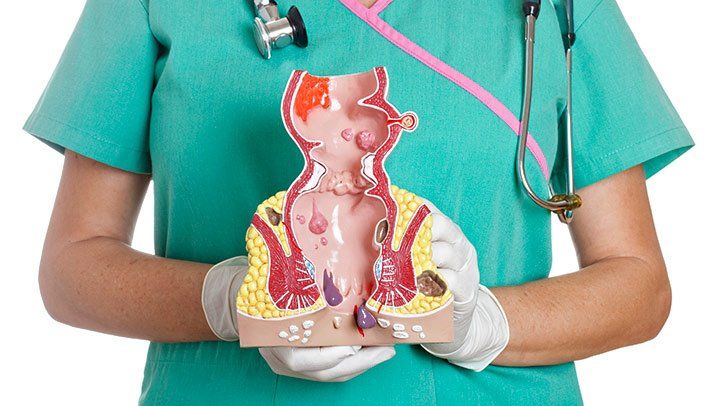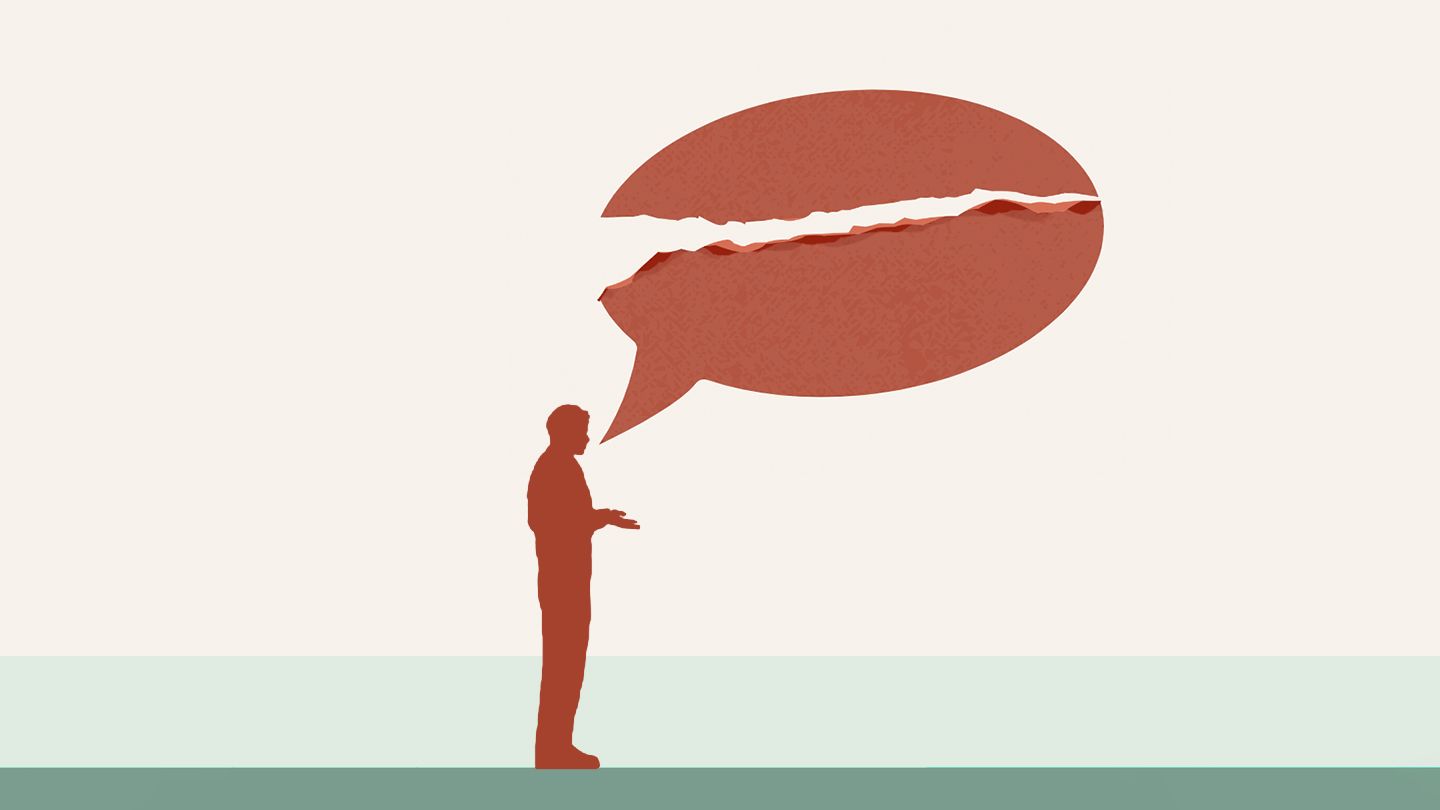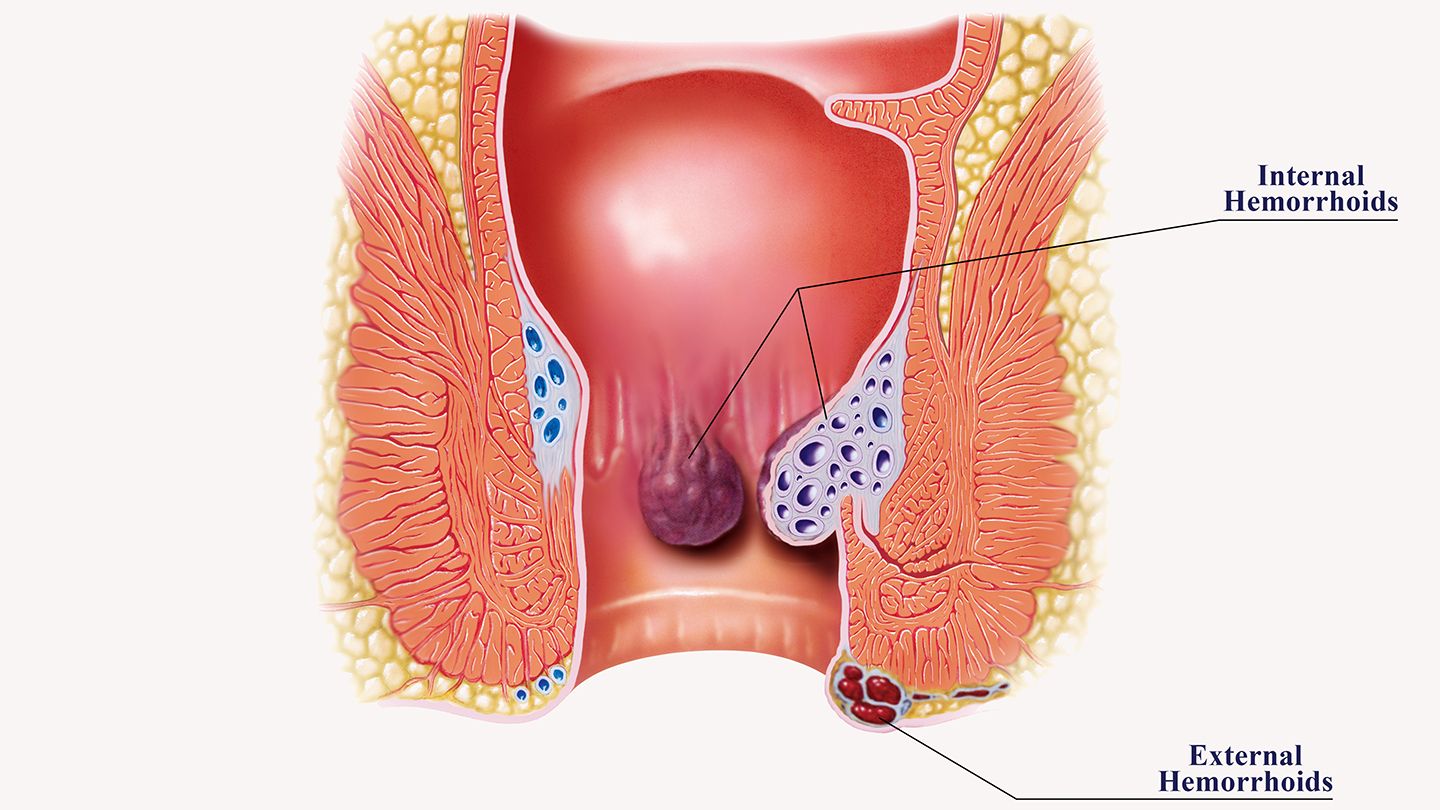Understanding Hemorrhoids and Treatments for Men
Hemorrhoids, also known as piles, are swollen veins located around the anus and rectum. They are extremely common, with around half of all people developing hemorrhoids at some point in their lives. While hemorrhoids can affect anyone, some studies show they are more prevalent in men. Thankfully, many effective treatments are available to provide relief from hemorrhoid symptoms and bleeding.
Common Causes of Hemorrhoids in Men
There are a few reasons why hemorrhoids are more common in men. Here are some of the leading causes:
- Constipation - Straining during bowel movements puts extra pressure on the veins in the anus and rectum. Men are more prone to constipation.
- Low fiber diet - A low fiber diet can lead to constipation and hard stools, increasing straining.
- Obesity - Being overweight or obese increases pressure in the lower rectum.
- Age - The tissues supporting hemorrhoid veins weaken with age. Hemorrhoids are most common in men over 50.
- Heavy lifting - Lifting heavy objects can increase intra-abdominal pressure.
- Genetics - Some people are just prone to developing hemorrhoids due to weak veins.
Types of Hemorrhoids in Men
There are two main types of hemorrhoids that can affect men:
- Internal hemorrhoids - These develop inside the rectum and are usually painless. They may bleed during bowel movements.
- External hemorrhoids - These develop under the skin around the anus. They can be painful and itchy.
External hemorrhoids are more common in men due to the extra pressure and straining from constipation and heavy lifting. Symptoms may include:
- Itching, burning, or irritation around the anus
- Pain or discomfort when sitting
- Lumps near the anus
- Leakage of feces
- Bleeding during bowel movements
When to See a Doctor About Hemorrhoids
In many cases, men can find relief from hemorrhoids with over-the-counter treatments and lifestyle changes. However, it's important to see a doctor if hemorrhoid symptoms are severe or persistent. Seek medical care if you experience:
- Bleeding from the rectum for more than a week
- Severe pain that limits your daily activities
- Fever or chills along with rectal bleeding
- Lightheadedness or dizziness
- A hemorrhoid that cannot be pushed back inside
These symptoms may indicate a more serious underlying condition that requires proper diagnosis and treatment. The doctor can rule out other possible causes and help find the right solutions for hemorrhoid relief.
Medical Treatments for Hemorrhoids in Men
If over-the-counter remedies do not provide sufficient symptom relief, a doctor may recommend the following medical treatments:
- Medications - Oral medications or suppositories can reduce swelling, pain, and itching.
- Rubber band ligation - Rubber bands cut off blood supply to the hemorrhoid so it shrinks.
- Sclerotherapy - Chemical injections scar and shrivel the hemorrhoid tissue.
- Coagulation therapies - Infrared light, lasers, or heat treat the hemorrhoid.
- Surgery - Large external hemorrhoids that do not respond to other treatments may need to be surgically removed.
Talk to your doctor about the options to determine the best treatment plan for your individual case.
At-Home Treatments for Hemorrhoids
Making certain lifestyle changes can often alleviate hemorrhoid symptoms without the need for medical intervention. Home treatments to reduce swelling and discomfort include:
- Taking warm baths to soak the area
- Applying cold compresses or ice packs
- Using over-the-counter ointments, creams, or suppositories
- Taking over-the-counter pain medications
- Wearing loose, cotton underwear and clothes
- Sitting on a pillow to reduce swelling and pressure
- Gently cleaning after bowel movements
- Using moistened wipes instead of dry toilet paper
Additionally, men can help prevent hemorrhoids by making dietary changes like eating more fiber, drinking more water, and avoiding straining during bowel movements. Maintaining a healthy weight and not lifting overly heavy objects can also help.
Hemorrhoid Pads and Creams for Men
Specialized hemorrhoid pads and creams can provide added relief when hemorrhoids are bleeding or uncomfortable. Look for products designed specifically for hemorrhoids and men's personal needs.
Hemorrhoid Pads
Hemorrhoid pads are small cushions with a depression in the middle to provide relief from painful external hemorrhoids. They are designed to:
- Cushion and protect irritated hemorrhoids
- Relieve swelling, burning, and itching
- Absorb moisture and lightly compress the area
- Prevent chafing from bowel movements
- Reduce inflammation when sitting
Men can use hemorrhoid pads as needed for pain and discomfort relief. They are disposable and can be thrown away after one use.
Medicated Hemorrhoid Creams
Creams made for hemorrhoids contain special ingredients to temporarily numb pain, shrink swelling, and soothe itchiness. Many are safe to use daily. Look for creams with:
- Witch hazel to reduce swelling and bleeding
- Hydrocortisone to relieve itching
- Lidocaine or pramoxine for anesthetic relief
- Zinc oxide to protect the skin
- Petroleum jelly as a protective barrier
Apply a small amount of hemorrhoid cream around the anus at the first sign of irritation. Reapply as needed to keep the area lubricated throughout the day.
Other Soothing Products
In addition to dedicated hemorrhoid pads and creams, men may find relief using:
- Flushable wipes
- Sitz baths
- Ice packs or cold compresses
- Ointments with pramoxine
- Aloe vera gel
- Over-the-counter pain relievers
Experiment to find the right combination of comfort products to manage painful hemorrhoid flare-ups.
When to Seek Medical Care
While over-the-counter products can help control mild symptoms, it's important to visit a doctor if hemorrhoids:
- Bleed frequently or excessively
- Do not improve with home treatments
- Prolapse outside the anus
- Cause severe pain or swelling
- Are accompanied by fever, chills, or other troubling symptoms
Severe hemorrhoids may require prescription medication or in-office treatments for relief. Seek help to prevent complications from untreated hemorrhoids.
Managing Hemorrhoids: Lifestyle Changes and Coping Tips for Men
While hemorrhoids are a common nuisance, there are ways to prevent flare-ups and manage symptoms when they occur. Making certain lifestyle changes and using coping strategies can help men deal with hemorrhoid pain and bleeding.
Lifestyle Changes to Prevent Hemorrhoids in Men
Adjusting certain daily habits can help reduce the likelihood of developing painful, bleeding hemorrhoids:
- Eat more fiber - Fruits, vegetables, beans, whole grains, and bran add bulk.
- Drink plenty of water - Proper hydration keeps stools soft.
- Exercise regularly - Activity stimulates bowel movements.
- Avoid long periods on the toilet - Take breaks during lengthy bowel movements.
- Use correct bathroom posture - Keep feet elevated on a stool during bowel movements.
- Don't delay when feeling urge to go - Holding it in causes straining.
- Wipe thoroughly and gently after a bowel movement.
- Clean the anus after bowel movements using warm water.
- Wear breathable cotton underwear and loose clothes.
- Don't sit or stand for long periods at a time.
Making these changes a daily habit can help men prevent the undue strain that contributes to hemorrhoids.
Coping Tips for Hemorrhoid Relief
When hemorrhoids do strike, the following self-care tips may provide comfort:
- Apply cold compresses or ice packs to relieve swelling and pain.
- Take warm baths and soak in a sitz bath.
- Use OTC pain relievers like acetaminophen, ibuprofen, or aspirin.
- Try softening stools with a stool softener or natural laxatives.
- Wear specialized hemorrhoid cushions and creams.
- Gently massage the anus after bowel movements.
- Use moistened wipes and pat dry instead of wiping hard.
- Wear loose cotton clothing to avoid irritation and sweat.
- Adjust your daily routine to accommodate symptoms as needed.
While embarrassing, bleeding and pain from hemorrhoids usually isn't serious. Taking comfort measures can help men manage flare-ups.
When to See Your Doctor
In most cases, men can find relief from hemorrhoids using conservative home treatments. However, it's important to make an appointment with your doctor if:
- Symptoms don't improve after 1-2 weeks of self-care.
- You experience severe pain interfering with daily life.
- Bleeding is excessive or lasts longer than a week.
- Hemorrhoids frequently prolapse outside the anus.
- Signs of infection like fever, increased pain, or pus occur.
Surgery or procedurally treatments may be necessary for severe or persistent hemorrhoids. Seeking medical advice can help prevent complications from untreated hemorrhoids.
When to Choose Hemorrhoid Surgery
Most of the time, hemorrhoids can be managed with home treatments, lifestyle changes, and office-based procedures. But when is hemorrhoid surgery necessary? If other treatments don't work and hemorrhoids persist, surgery may be considered.
Hemorrhoid Surgery Considerations
According to guidelines, surgery may be recommended if:- Hemorrhoids are still present after 1-2 months of treatment.
- Procedures like sclerotherapy or rubber band ligation fail.
- Hemorrhoids frequently prolapse outside the anus.
- There is persistent anal leakage or hemorrhoid bleeding.
- Significant hemorrhoid protrusion causes difficulty with hygiene.
- Large external hemorrhoids cause consistent pain.
There are some general surgical options:
- Hemorrhoidectomy - Hemorrhoids are cut out under anesthesia as an outpatient procedure.
- Stapled hemorrhoidectomy - A staple device cuts off hemorrhoid blood supply so it shrivels.
- Hemorrhoid artery ligation - Hemorrhoid arteries are stitched closed to reduce blood flow.
Talk to your doctor about the procedures to decide if surgery is the right choice for your case.
Recovery After Hemorrhoid Surgery
Recovery looks different depending on the specific surgery. In general:
- Hospitalization is not usually required.
- Normal activity can resume in 1-2 weeks.
- Some post-operative pain, swelling, and bleeding may occur.
- Bowel movements may initially be painful.
- Sitz baths, medication, and hemorrhoid cushions help manage discomfort.
- Refrain from heavy lifting or straining for several weeks.
- Follow all of your surgeon’s recovery instructions carefully.
Going the surgical route can finally eliminate troublesome hemorrhoids after other treatments fail. Take care to rest and allow healing following the procedure.
When to Call the Surgeon
In most cases, surgical recovery goes smoothly. Call your surgeon right away if you experience:
- Heavy bleeding that soaks multiple pads
- Severe pain not relieved by medication
- Fever over 101 F
- Difficulty urinating
- Pus-like anal discharge
- Persistent nausea or vomiting
These may indicate potential complications requiring medical attention after hemorrhoid surgery. Don't hesitate to reach out with any questions or issues during the recovery period.
Preventing Hemorrhoid Recurrence
Even after successful hemorrhoid treatment, recurrence is common—up to 50% of people have repeat occurrences. Preventing future problems requires avoiding the root causes.
Diet and Lifestyle Changes
Making certain lifestyle adjustments can help men lower recurrence risk:
- Eat high fiber foods to soften stools.
- Stay well hydrated to keep stools from drying out.
- Exercise regularly to stimulate bowel movements.
- Don't strain or sit on the toilet too long.
- Lose excess weight to avoid pressure on veins.
- Avoid heavy lifting and intense physical exertion.
- Consider a squatting position instead of sitting to poop.
- Take stool softeners or natural laxatives if stools are hard.
- Treat chronic constipation promptly.
Making bowel movements easier and more regular minimizes the need to strain and reduces pressure on hemorrhoid veins.
OTC Treatments and Medications
Using certain over-the-counter products can help keep hemorrhoids from recurring:
- Medicated wipes and cleansing sprays
- Stool softeners and laxatives
- Hemorrhoid creams with hydrocortisone
- Witch hazel pads or wipes
- Hemorrhoid cushions
- Supplements like psyllium husk, fiber gummies
Your doctor may also recommend prescription medications if you have frequent hemorrhoids, like:
- Steroid creams to reduce inflammation
- Laxatives for chronic constipation
- Vaso
FAQs
What causes hemorrhoids in men?
Common causes include constipation, low fiber diet, obesity, heavy lifting, genetics, and age. The extra pressure and straining can enlarge hemorrhoid veins.
How can I ease hemorrhoid pain at home?
Home remedies include warm baths, cold compresses, OTC pain relievers, creams with witch hazel, and hemorrhoid cushions. Lifestyle changes like more fiber and water can help too.
When should I see a doctor for hemorrhoids?
See a doctor if hemorrhoids cause severe pain, prolapse outside the anus, or bleed excessively for over 1 week. Also seek help if home treatments don't improve symptoms.
What procedures are options for severe hemorrhoids?
If other treatments fail, procedures like sclerotherapy injections, rubber band ligation, infrared coagulation, and hemorrhoidectomy surgery may be considered.
How can I prevent hemorrhoids from coming back?
To lower recurrence risk, eat more fiber, exercise, avoid straining and constipation, use medicated wipes, take supplements, and treat chronic constipation. Lifestyle changes can help.
Disclaimer: This article is for informational purposes only and does not constitute medical advice. Always consult with a healthcare professional before starting any new treatment regimen.
Related Coverage
Frequent bowel movements and pooping a lot is common at 35 weeks pregnant due to physical and hormonal changes. Hemorrhoids are also likely as your uterus expands....
Find clear answers on internal hemorrhoids symptoms, when to seek help, simple home care tips, and effective medical options....
Learn how mild soap & water can aid hemorrhoid relief alongside creams, wipes & sitz baths. Discover other proven home treatments plus prevention methods....
If you notice a pink ring around the toilet while pregnant, higher estrogen and hCG likely caused temporary urine acidity changes interacting with porcelain. Learn when it warrants concern....
If you spot something resembling a kidney bean in the toilet after a bowel movement, it likely signals protruding hemorrhoids. Learn what causes them and treatment options....
Don't let others limit you with labels, stereotypes and comparisons. Heal past pain, build confidence, follow passions - you are meant for greatness....
Chafing in the groin area is a common discomfort during pregnancy. Learn what causes it, prevention tips, home treatment options, and when to call the doctor....
Abortions often cause constipation after from hormones, dehydration and medications. Tips to relieve and prevent painful post-abortion constipation at home safely....
Discover the truth that you are more than societal narratives and limitations have led you to believe, and unlock your boundless potential for growth, creativity, and self-actualization....
Research suggests high stress levels may increase hemorrhoid risk. Stress can contribute through mechanisms like constipation, immunity changes, and blood flow disruption....
